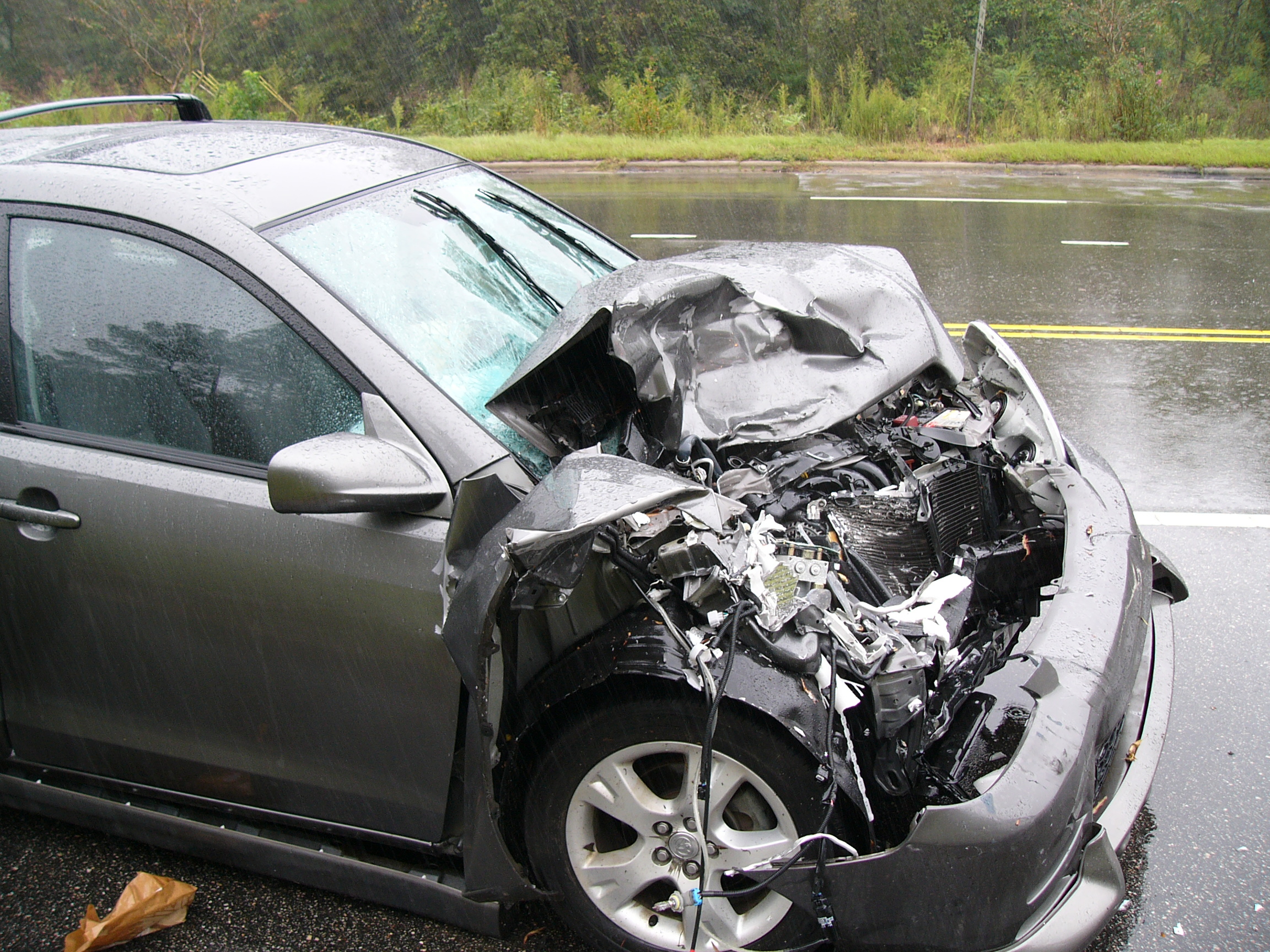Car accidents are one of life’s most challenging events. The best-case scenario for a car accident is an accident with no injuries and minimal damage to your vehicle. But what about those accidents that are more severe? Car accidents that involve total vehicle loss, injuries, or fatalities can have lasting effects that require speedy resolution.
Finding yourself in the midst of a complex car accident does not have to leave you feeling alone. Hiring a car accident lawyer can help you navigate through one of the most challenging moments of your life.

When to Sue in a Car Accident
While it is possible to resolve your car accident personally through each party’s insurance company, hiring an auto accident attorney to review your case will bring you many benefits. If you plan to sue someone for a car accident, gathering some essential information will help expedite the process.
What Documentation Can You Gather from the Accident?
Make a record or a copy of everything from the accident: police reports, each party’s personal information and insurance information, and witness statements. If possible, take pictures of the accident scene, and the damage sustained to each party’s vehicle.
What Can You Sue for After a Car Accident?

Damages suffered from a car accident are not limited to just physical injuries. Damages can include medical bills, including chiropractic or physical therapy visits, missed time and wages from work, emotional distress, and the replacement of child car seats.
Who Do I Sue?
Find an auto accident attorney who specializes in cases like your own. Schedule a consultation or appointment and bring all documentation, estimations, and supporting information with you for your attorney to review. An attorney who is familiar with auto accidents like your own will give you a realistic expectation of what to expect from your case.
You have the option to sue the at-fault driver personally or their insurance company. Your lawyer can advise you which route to take based on the progress your case had made.
How to Sue a Company
When you are in a car accident with an insured, at-fault motorist, your insurance company will contact the at-fault motorist’s insurance company to begin negotiating to resolve the case. If the insurance company has refused denial of a request, such as medical bills or lost wages, you can personally sue the at-fault motorist. Most states do not allow the at-fault motorist’s insurance company to be sued. Instead, the at-fault driver is who should be sued.
How to Sue Someone
If the at-fault motorist does not have auto insurance, you can sue them personally. Unfortunately, suing a motorist who does not have insurance may also mean the person does not have assets to cover a lawsuit. While suing an uninsured motorist may rule in your favor, the lack of assets will leave you uncompensated.

If the uninsured motorist does not have the means to reimburse you for damages, your best option is to discuss the matter with your insurance company. Your insurance company should be able to offer you payment under the uninsured motorist policy.
Car Accident Injuries
Even a mild car accident can cause a range of injuries to the parties involved.
Some of the most common injuries sustained in a car accident are:
- Neck and Back Injuries – as car accidents typically involve a moving car coming to a stop, the neck and back are the most commonly injured part of the body. Injuries may include whiplash, herniated discs, and spinal misalignment.
- Muscle Injuries – if you have been in a car accident, you know how sore you can feel the next day. This is because muscles, as well as tendons and ligaments, can be strained and bruised during an accident.
- Head, Brain, and Spinal Cord Injuries – the most severe and often fatal car accident injuries are head, brain, and spinal cord injuries. Severe spinal cord injuries can result in paralysis. Head and brain injuries may include swelling of the brain, skull fracture, or a concussion. Any injury to the head, brain, or spinal cord should be taken seriously.
If you have sustained any of these injuries due to an at-fault motorist, you should be compensated for damages. These damages may be on-going, such as missed time from work, physical therapy, or frequent chiropractor visits. These damages should be included in the total amount listed in the impending lawsuit.
Conclusion
If you have been in a car accident, you need to begin gathering all information and documentation pertaining to the incident. Provide pictures from the accident scene, as well as the police report, personal information, insurance information, and witness information. Gathering this essential information will help your lawyer prepare your case to file against the at-fault motorist.
Make a record of the damages that you have incurred. These damages can be medical bills and doctors’ visits, lost wages from missed work, emotional distress, and damaged property, such as child car seats.
Give your lawyer all documentation and records pertaining to your accident. Your lawyer will review the information and prepare legal documents to file.
When the lawsuit has been filed, your lawyer will begin taking depositions and gathering evidence to prepare for court. During this time, your lawyer and the at-fault party’s lawyer will exchange information about the evidence that will be presented at the hearing.
During this time, a settlement may be proposed by the defense in order to refrain from going to court. Your lawyer will advise you if you should accept the offer and settle out-of-court, or if you should proceed with litigation. Most civil cases are settled out-of-court; however, you can choose for a judge to hear your case in court.
If you go to court, your lawyer will present evidence and witness testimony during the hearing. Once all evidence from both sides has been presented, a judge will make the filing ruling. This ruling may or may not be in your favor, depending on the evidence presented. Additionally, the judgment awarded may be less than the requested amount.
To maximize your reimbursement, hire a reputable lawyer who is familiar with cases like your own. Through your lawyer’s advisement of the documentation you present, you will know how likely you are to win your case.
